Britain says no Iran deal 'better than a bad deal'
British foreign minister says there will still be very big challenges even if the deal is done
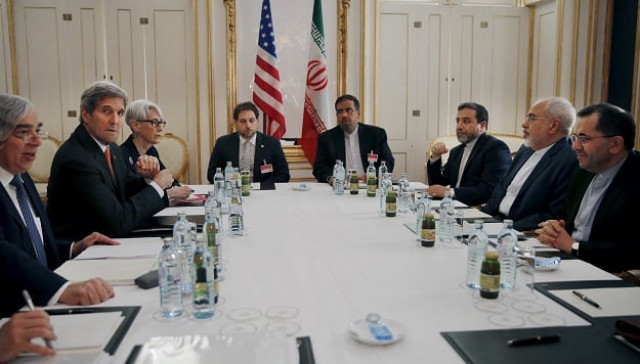
Iranian Foreign Minister Mohammad Javad Zarif (R) meets with French Foreign Minister Laurent Fabius (L) at a hotel in Vienna, Austria June 27, 2015. PHOTO: REUTERS
"We still have very big challenges if we are going to be able to get this deal done," Philip Hammond told reporters in Vienna.
"I have said many times before and I will say it again today, no deal is better than a bad deal. There are red lines that we cannot cross and some very difficult decisions and tough choices are going to have to be made by all of us," he said.
Read: Key conditions for Iran nuclear deal not yet accepted
Hammond was due to join US Secretary of State John Kerry, Iranian Foreign Minister Mohammad Javad Zarif and their French, German and EU counterparts aiming to finalise a historic accord by Tuesday.
China and Russia, the other two countries in the six-country group, were represented by deputy foreign ministers.
Officials on both sides have said that the deadline may be missed, but only by a few days.
Read: Saudi seeks nuclear deals, alliances to counter Iran
According to a framework deal agreed in April, Iran will sharply reduce its nuclear programme in scale and submit to tighter UN inspections in order to make any drive to make an atomic bomb virtually impossible.
In return Iran, which denies seeking the bomb, will see painful sanctions lifted. Tough remaining issues include the timing and pace of the sanctions relief and UN access to Iranian military bases.

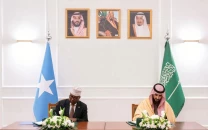
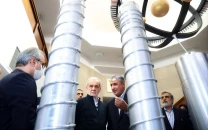
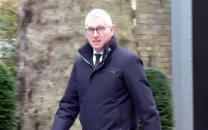
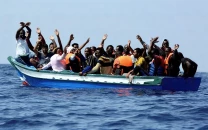

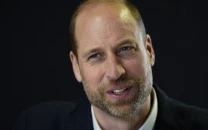











COMMENTS
Comments are moderated and generally will be posted if they are on-topic and not abusive.
For more information, please see our Comments FAQ